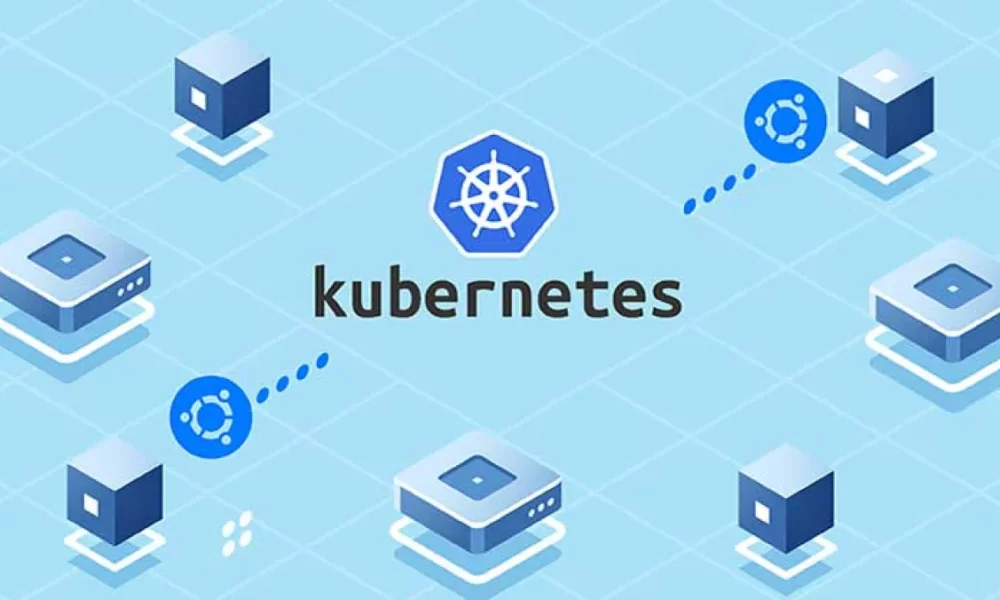TechBullion
2w
328

Image Credit: TechBullion
Mastering Kubernetes Upgrades: The Key To Scalable Cloud Applications
- Kubernetes plays a crucial role in managing containerized workloads for cloud native applications, supported by the CNCF.
- Regular Kubernetes upgrades are vital for security, performance, and scalability, offering patches and new features to enhance stability.
- Postponing upgrades can lead to vulnerabilities, operational inefficiencies, and non-compliance risks.
- Complexity, downtime, and compatibility concerns often deter organizations from upgrading Kubernetes.
- Timely upgrades safeguard against security threats, improve performance efficiency, and meet compliance standards.
- Kubernetes upgrades boost scalability, optimize resource management, and enhance workload distribution.
- Unsupported Kubernetes versions risk security, maintenance challenges, and potential downtime due to API deprecations.
- Understanding Kubernetes upgrade types like minor, major, and patch updates is crucial for successful execution without disruptions.
- A structured approach to Kubernetes upgrades involves planning, compatibility checks, phased upgrades, and thorough validations.
- Automating Kubernetes upgrades through managed services, Kubernetes Operators, and GitOps ensures security, reliability, and scalability.
Read Full Article
19 Likes
For uninterrupted reading, download the app